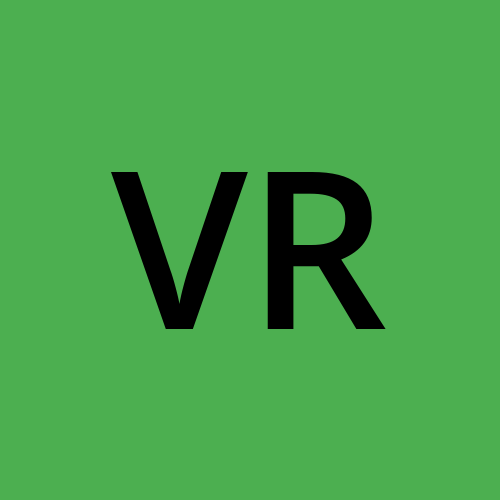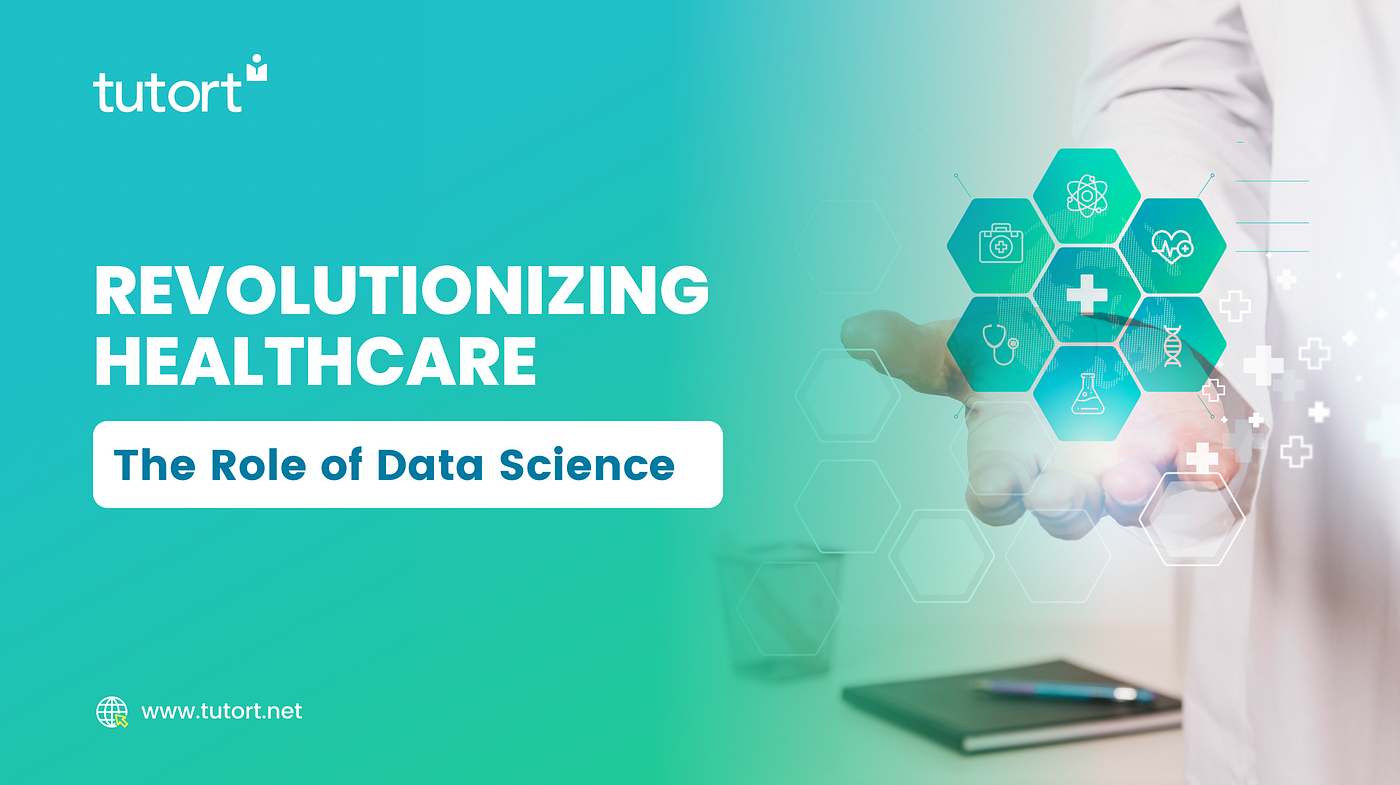Data Science: Revolutionizing Healthcare with the Power of Data
 Vishnu R
Vishnu R
Introduction:
In the 21st century, data has emerged as the cornerstone of innovation across various industries, and healthcare is no exception. The integration of data science into healthcare practices has led to groundbreaking advancements, transforming the way we approach medical research, patient care, and disease prevention. This blog explores the profound impact of data science on revolutionizing healthcare and how the power of data is shaping the future of medicine.
1. Big Data in Healthcare:
The healthcare industry generates massive amounts of data daily, including electronic health records (EHRs), diagnostic imaging, genomic data, and more. This abundance of information, commonly referred to as big data, provides a treasure trove of insights when analyzed systematically. Data science techniques, such as machine learning and artificial intelligence, enable healthcare professionals to derive meaningful patterns and correlations from this vast sea of information.
2. Predictive Analytics for Disease Prevention:
One of the most significant contributions of data science to healthcare is predictive analytics. By analyzing historical patient data, healthcare providers can predict disease outbreaks, identify at-risk populations, and implement preventive measures. For instance, predictive modeling can help anticipate the spread of infectious diseases, allowing authorities to allocate resources efficiently and implement targeted vaccination campaigns.
3. Personalized Medicine:
Data science is ushering in an era of personalized medicine, tailoring treatment plans to individual patients based on their unique genetic makeup, lifestyle, and medical history. Analyzing genomic data allows healthcare professionals to identify genetic markers associated with specific diseases and predict an individual's response to certain medications. This personalized approach enhances treatment effectiveness, minimizes side effects, and improves overall patient outcomes.
4. Drug Discovery and Development:
Traditional drug discovery and development processes are time-consuming and expensive. Data science accelerates this process by analyzing vast datasets to identify potential drug candidates, predict their efficacy, and streamline clinical trial processes. This not only expedites the development of new treatments but also reduces costs, making innovative therapies more accessible to a broader population.
5. Remote Patient Monitoring:
The advent of wearable devices and Internet of Things (IoT) technologies has enabled continuous and real-time monitoring of patients outside traditional healthcare settings. Data science plays a crucial role in processing and analyzing the data generated by these devices, providing healthcare professionals with valuable insights into patients' health status. This remote patient monitoring not only enhances preventive care but also allows for early intervention, reducing hospital readmissions and improving overall patient well-being.
6. Fraud Detection and Healthcare Management:
Data science is instrumental in combating fraud within the healthcare system. Through advanced analytics, anomalies and irregularities in billing, claims, and patient records can be detected, preventing fraudulent activities. Additionally, data-driven insights aid in optimizing healthcare management processes, improving resource allocation, and enhancing operational efficiency in hospitals and healthcare facilities.
7. Ethical Considerations:
While the integration of data science in healthcare brings about numerous benefits, it also raises ethical concerns related to data privacy, security, and consent. Striking a balance between leveraging the power of data for medical advancements and safeguarding individuals' privacy is crucial to ensuring the responsible and ethical use of healthcare data.
Conclusion:
In conclusion, the marriage of data science and healthcare is reshaping the landscape of medicine, ushering in an era of precision, efficiency, and improved patient outcomes. From predicting disease outbreaks to developing personalized treatment plans, the impact of data science on healthcare is nothing short of revolutionary. As we continue to harness the power of data, it is imperative to navigate the ethical considerations and ensure that the benefits of data-driven healthcare are accessible to all, ultimately creating a healthier and more connected world.
Subscribe to my newsletter
Read articles from Vishnu R directly inside your inbox. Subscribe to the newsletter, and don't miss out.
Written by
